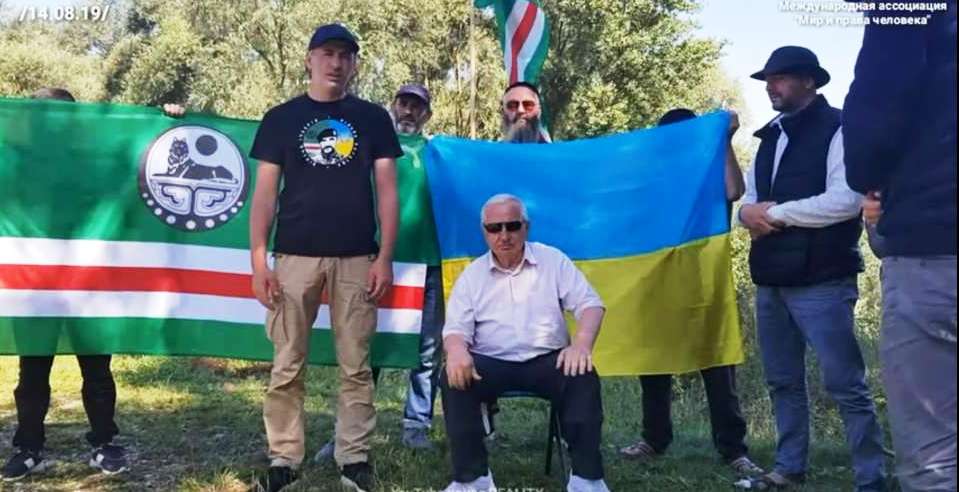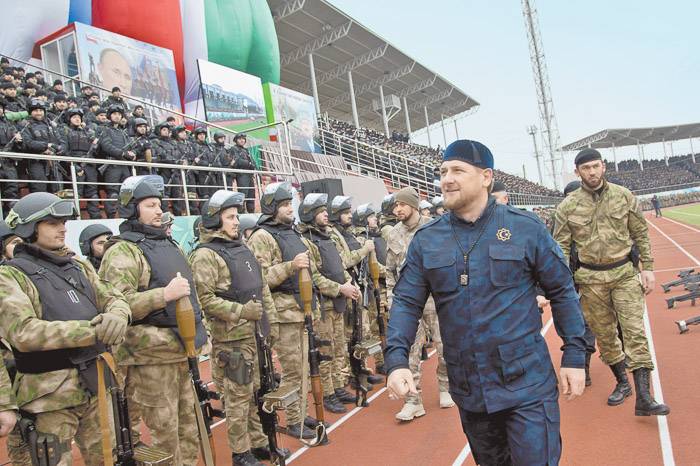Many of the 774 Chechens slated to be drafted into the Russian military during the fall draft – which in Chechnya will last until December 31 – will serve in occupied Crimea and Sevastopol naval base, a source in the military commissariat in Grozny says; the remainder will serve in units in the nearby Southern Military District.
The source tells the Kavkaz-Uzel news agency that there are currently “more than 80,000” young Chechens in the draft pool allowing the commissariat to be extremely selective, all the more so since many now want to be drafted because of the benefits military service has for them after returning home.
There are two reasons why the draft pool in Chechnya is so large compared to other federal subjects in Russia. On the one hand, the birthrate there has been much higher than in predominantly ethnic Russian areas. And on the other, there was no Russian draft at all between 1992 and 2013; and only 500 men were taken in 2014.
Even after the Chechen war ended, many Chechens have not wanted to serve. When it was announced two years ago that the Russian draft would resume, there were protests; and the size of the Chechen contingent in the draft is still relatively small given the size of the draft pool, the result of continuing opposition among Chechens and Russian commanders.
According to Kavkaz-Uzel, attitudes among Chechens toward service in the Russian army have improved in recent years both because service now lasts only one year and not the two or three it used to and because Chechen officials frequently give preference to those who have served when choosing new employees.
But opposition to the Russian military remains deep. A student at one Grozny higher educational institutions told the news service that he “does not understand those who are rushing to serve in the Russian army. During the two wars,” he says, his own “father, uncle and many relatives not to speak of acquaintances and fellow villagers” were killed by that army.”
“How can I serve in an army where my commander may be the one who killed people here?” he asked rhetorically.





